Workaholic Nations: The 20 Hardest-Working Countries in the World
Although there’s a globally growing emphasis on maintaining a healthy work-life balance, there are some countries that keep their hustle as a full-time commitment. Packed calendars, long hours, and relentless ambition are woven into their daily lives. This article looks into the stats and cultures that keep these places buzzing while the rest of the world winds down.
Bhutan – 54.5 hours/week
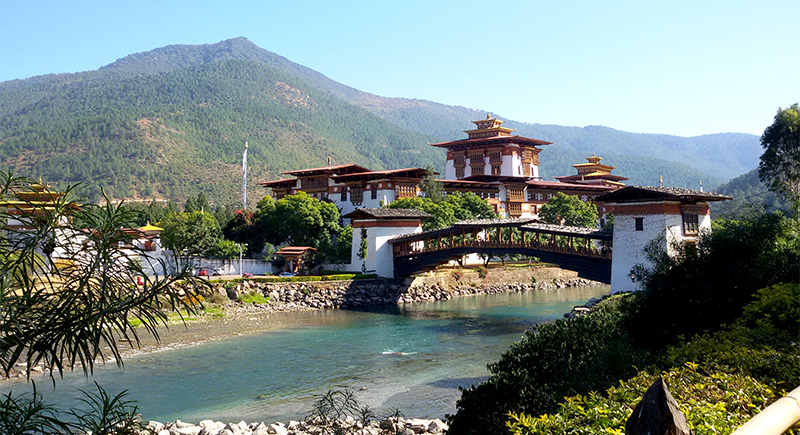
Credit: Wikimedia Commons
You wouldn’t expect the country famous for Gross National Happiness to top the workaholic list, but here we are—Bhutan clocks an average of 54.5 hours a week. Many Bhutanese split time between formal jobs and farming, especially in rural areas where subsistence work never really ends.
Sudan – 50.8 hours/week
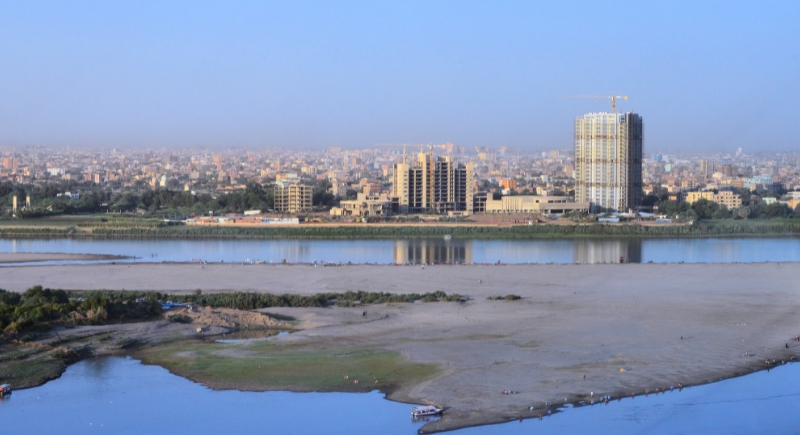
Credit: Getty Images
Workdays in Sudan tend to stretch long and wide. It’s common for people to take on multiple informal gigs, often under tough conditions. The 50.8-hour average is spent in crowded markets, manual labor, or small family operations. Time off is rare when survival depends on daily effort.
Lesotho – 50.2 hours/week
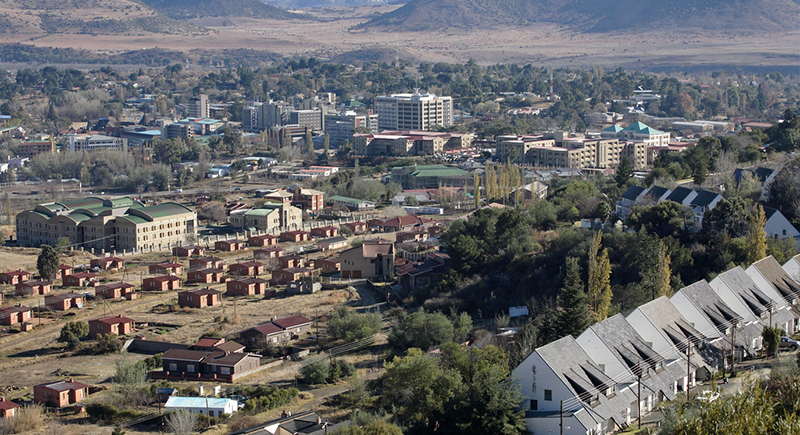
Credit: flickr
Long hours are part of the deal in Lesotho. Many workers split their time between jobs in textile factories and tending to family farms. It’s not uncommon for someone to pull a shift under fluorescent lights and then head home to care for livestock.
Republic of the Congo – 48.7 hours/week
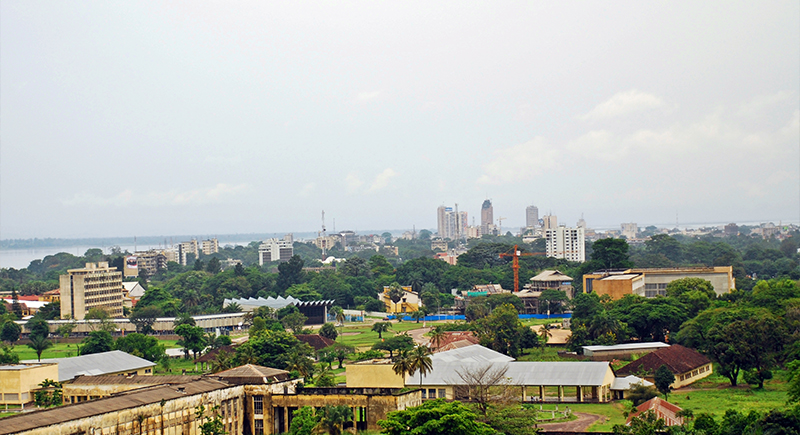
Credit: Wikimedia Commons
The Republic of the Congo doesn’t run on clock-in, clock-out jobs. Most people rely on the informal economy—small trade, agriculture, transport—where success often means staying out longer. Work is shaped by flexibility and persistence.
United Arab Emirates – 48.4 hours/week
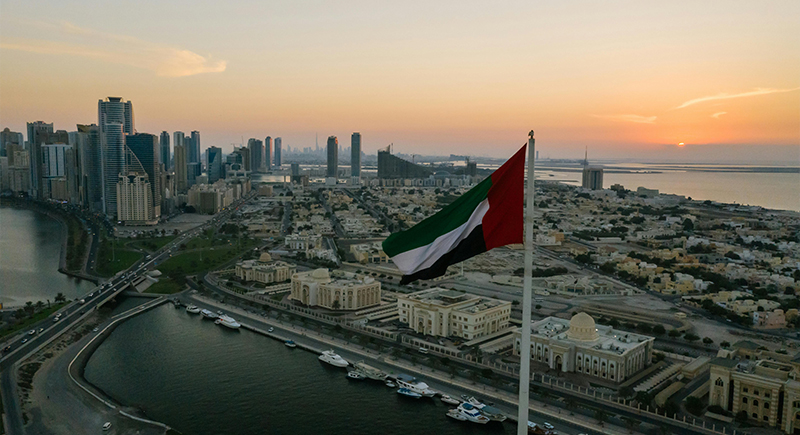
Credit: pexels
In the United Arab Emirates, the average workweek is 48.4 hours. The UAE’s rapid development and ambitious projects contribute to longer working hours, particularly in sectors like construction and hospitality. The blend of cultural diversity and economic ambition creates a unique work environment characterized by dedication and productivity.
Jordan – 47.8 hours/week

Credit: Wikimedia Commons
Jordanian work culture often stretches beyond the office or shop floor. Hospitality is a cornerstone of their culture and spills into service industries. There’s a sense of personal pride tied to providing; for many, showing up and sticking with it is part of that identity.
Liberia – 47.5 hours/week
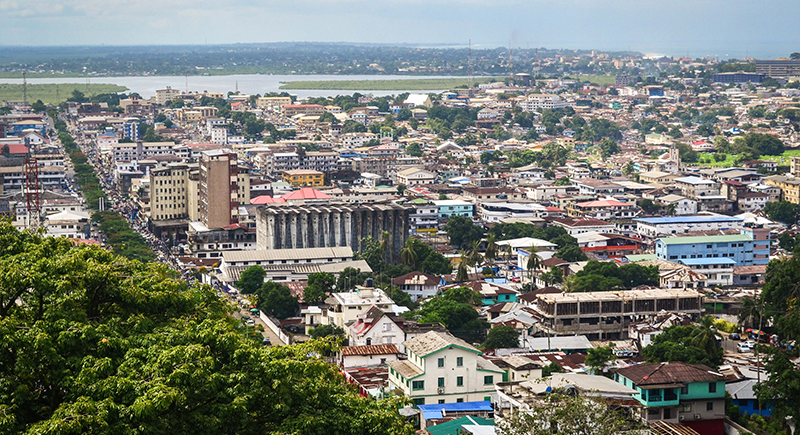
Credit: Wikimedia Commons
Liberia’s long hours tell a story of survival and community resilience. Many workdays unfold in open markets, small farms, and informal trade. People often create their own opportunities. It’s not unusual to find folks fixing shoes, selling goods, or running roadside services from sunup to sundown.
Pakistan – 47.5 hours/week

Credit: Wikimedia Commons
For many Pakistanis, work is deeply woven into daily life and family duty. The country’s 47.5-hour average comes from a mix of long days in manufacturing, agriculture, retail, and tech. Cultural values around providing for loved ones and maintaining household honor push people to work harder and longer.
Qatar – 46.8 hours/week

Credit: Wikimedia Commons
The booming economy in Qatar demands high output, especially in the construction, oil, and hospitality sectors. Much of the labor force comprises expatriates who send money back home. These workers often live by a strict save-and-send rhythm, driven by family goals and long-term sacrifice.
Lebanon – 46.4 hours/week

Credit: flickr
Lebanon’s 46.4-hour workweek is a response to a country in flux. Street vendors, freelancers, shop owners, and salaried workers often operate side-by-side and clock in extended hours with little pause. There’s a strong culture of self-reliance here, where doing whatever it takes is part of the national DNA.
Cambodia – 45.9 hours/week

Credit: pexels
In Cambodia, a long day’s work is often done under the sun. Agriculture takes a huge portion of the population, and factory jobs in textiles and footwear frequently stretch well beyond the basics. There’s pride in keeping busy and providing, especially in tight-knit rural communities.
Maldives – 45.9 hours/week

Credit: Wikimedia Commons
The Maldives may look like a tropical escape, but for locals, life behind the scenes is full of nonstop effort. The 45.9-hour average is carried out across resorts, fishing boats, and service jobs that keep the tourism machine humming. Many Maldivians also take on part-time work or family businesses.
Bangladesh – 45.8 hours/week

Credit: Wikimedia Commons
Bangladesh’s booming garment industry plays a big part in the nation’s 45.8-hour workweek. Factory shifts are long, often intense, and a major source of income for millions. Rural communities labor in agriculture, often without a strict “off” switch. People work to survive and give the next generation better options.
India – 45.8 hours/week

Credit: Wikimedia Commons
The software engineer works late at night, the roadside vendor hustles in the heat, and the farmer gets up before dawn. Ambition is woven into Indian culture. Education is highly valued, but so is grit—many people strive to “make it” by doubling down on effort.
Mongolia – 45.7 hours/week

Credit: flickr
There’s nothing slow about work in Mongolia, even if the scenery suggests otherwise. Herding livestock, braving brutal winters, and maintaining a nomadic lifestyle in rural regions all take serious commitment. In the cities, mining and transport jobs push the clock. Self-reliance is a way of life passed down for generations.
Macau (China) – 45.6 hours/week

Credit: flickr
Macau’s casinos, hotels, and nonstop tourism keep locals hustling far beyond a typical workday. Employees in service roles stretch their energy across long shifts and irregular hours. There’s little room for coasting when the economy depends on hospitality. It’s a city built for guests, but powered by a relentless local work ethic.
Egypt – 45.5 hours/week

Credit: Wikimedia Commons
Long workweeks are part of the rhythm in Egypt, and people often juggle multiple roles to support their families. Many people either manage a shop, work in construction, or run a food stall. The lines between work and life often blur, especially in informal sectors.
Burkina Faso – 45.3 hours/week

Credit: flickr
In Burkina Faso, work hours aren’t logged behind a desk. The labor usually belongs to agriculture or informal trade, rising early and finishing late with few official breaks in between. Every hour worked helps keep the family going, and that motivation keeps things moving.
Cape Verde – 45.3 hours/week
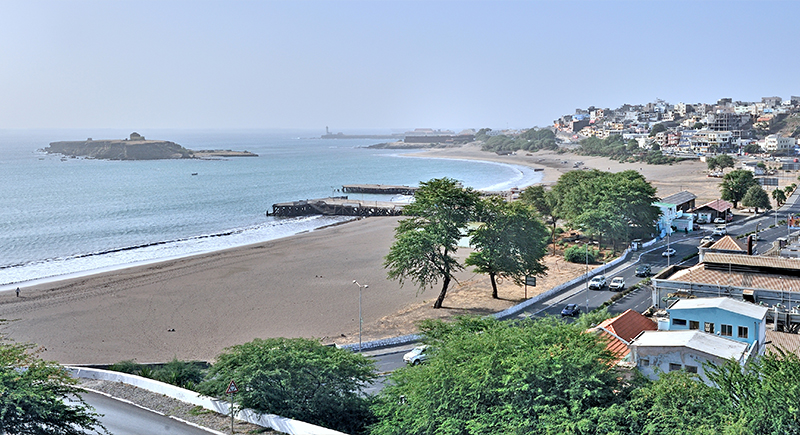
Credit: Wikimedia Commons
Behind the postcard views of Cape Verde is a working population that puts in the hours. Fishing, tourism, and small business ventures dominate the islands, and it’s common for people to balance two or more jobs. It’s their attempt to create stability in a place where resources are limited.